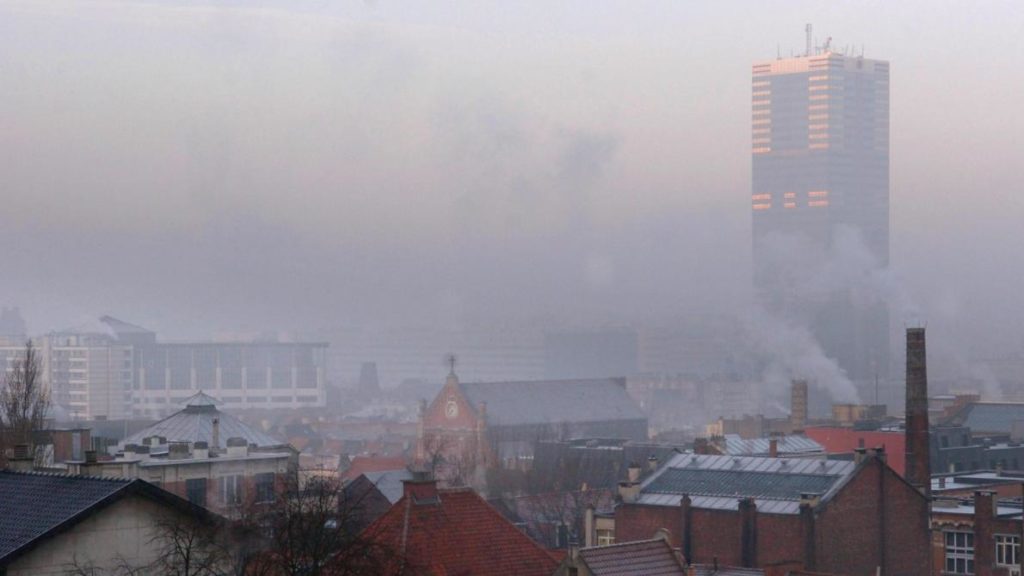The European Commission has proposed a new set of regulations to improve Europe's air and water quality, as part of a broader EU initiative to achieve 'zero pollution' by 2050.
The proposed legislation will legally oblige EU Member States to meet stricter air and water pollution guidelines and will also make it easier for EU citizens suffering from pollution-induced health problems to seek compensation from any companies who might be responsible.
Air pollution alone is estimated to cause 300,000 premature deaths in Europe every year. The EU claims that the new legislation will reduce annual deaths from fine particulate matter ('PM2.5'), Europe's main air pollutant, by more than 75% over the next ten years.
'More hype than bite'?
The proposed legislation has, however, been heavily criticised by environmental groups for not being strict enough. ClientEarth, an environmental law charity, described the proposed legislation as "a major missed opportunity" and claimed that the enforcement mechanisms proposed by the EU to ensure compliance with the new legislation were inadequate.
"The proposal... includes loopholes for EU countries to get away with blatant breaches of the rules," said Ugo Taddei, Head of the Clean Air programme at ClientEarth. "Air quality standards are an empty promise if there are no financial sanctions in place to hold governments accountable if they breach them."
Taddei added: "Stricter legal limits risk amounting to more hype than bite if there is no way to enforce them."
Related News
- The EU's dirty secret: Coal consumption grows while rest of world cuts back
- Belgium adapts its air quality index to the latest WHO recommendations
Environmental groups also criticised the proposed legislation for falling short of the World Health Organisation's (WHO) guidelines on air pollution. According to the WHO, annual mean concentrations of PM2.5 and nitrogen dioxide, another toxic air pollutant, should not exceed 5 and 10 micrograms per cubic metre respectively — half of the EU's own proposed limits of 10 and 20 micrograms per cubic metre. (The EU's current limits are 25 and 40 micrograms per cubic metre.)
Adding to the general barrage of criticism, right-wing groups criticised the Commission's proposals for being overly strict, arguing that placing additional restrictions on air and water pollution is inappropriate at a time when Europe is facing a severe energy crisis triggered by Russia's invasion of Ukraine. As a result, many European countries have begun burning increasing amounts of 'dirty' fossil fuels, including coal.
In a promising development, Belgium recently adapted its own air quality index ('BelAQI' ) to align with the WHO's air quality guidelines. BelAQI is used by both local and federal Belgian environmental agencies to evaluate the air quality across Belgium on an hourly basis.

